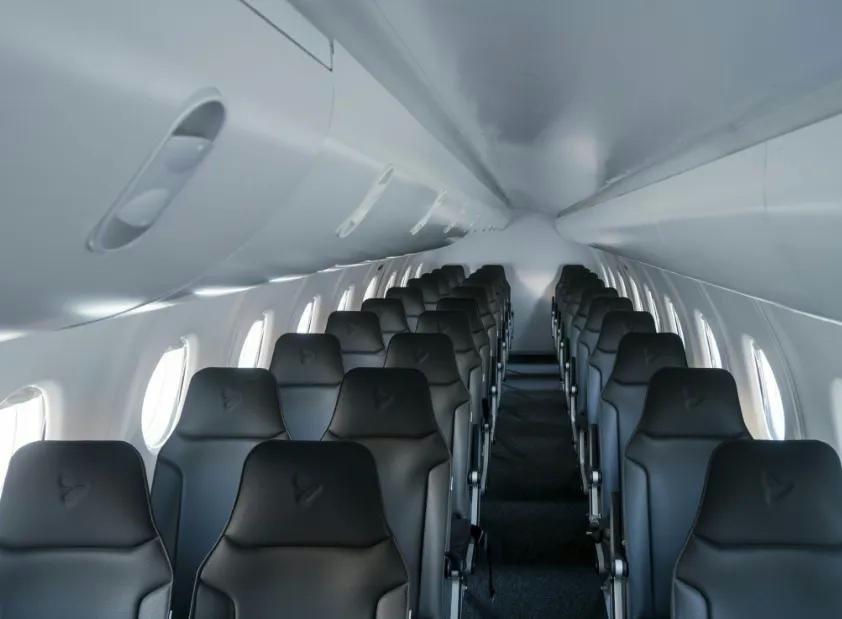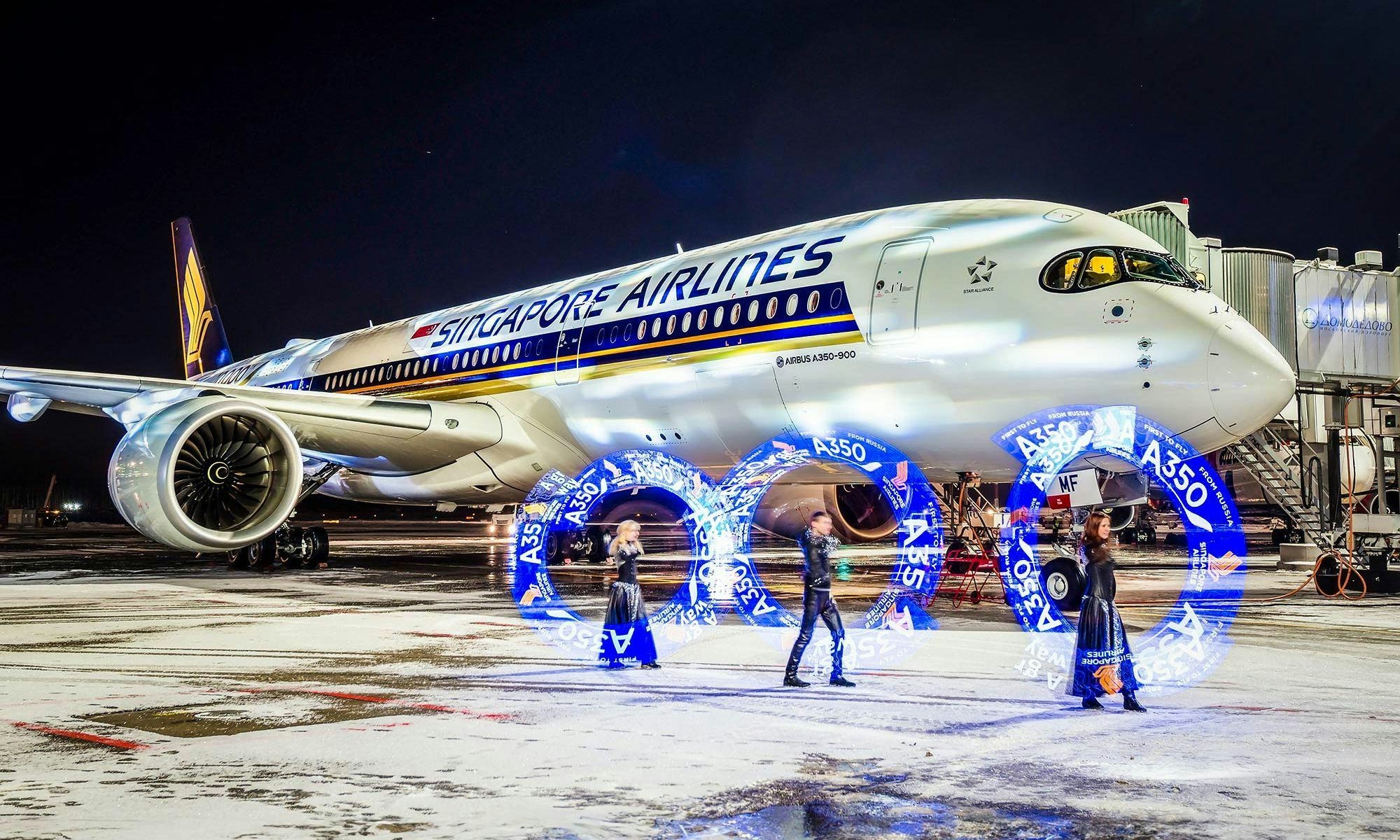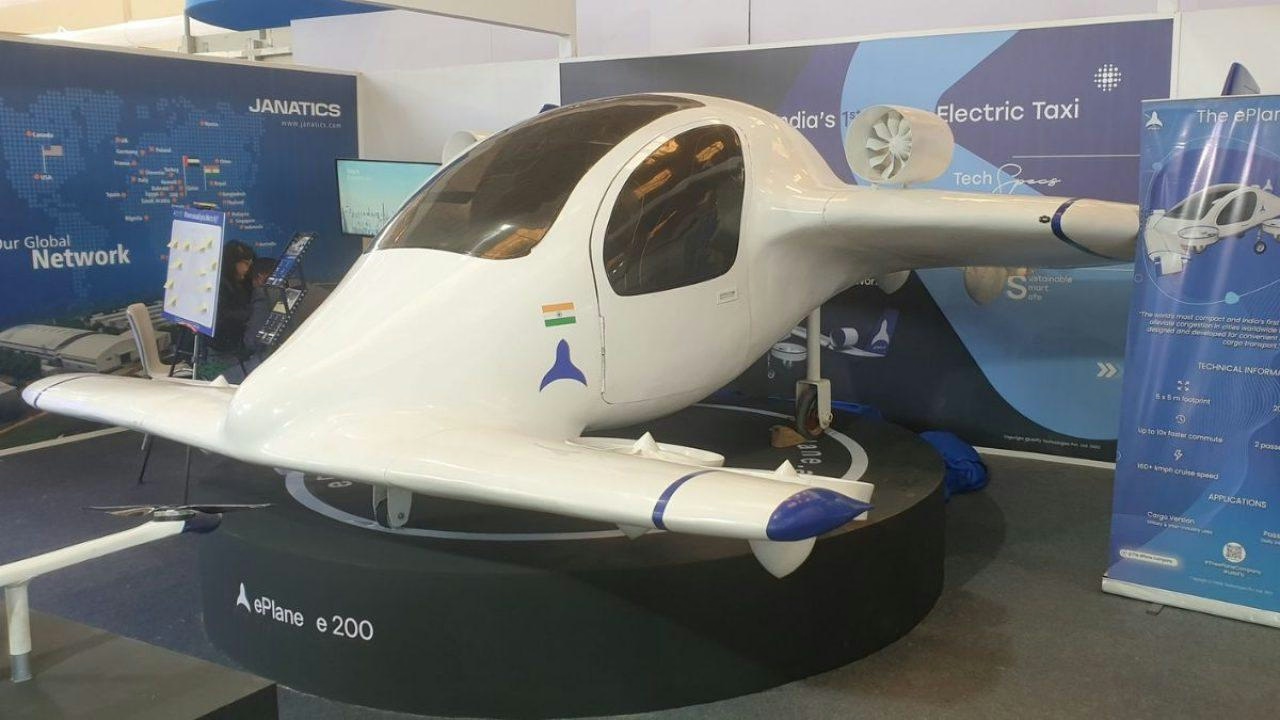AeroGenie — Your Intelligent Copilot.
Trending
Categories
Deakin Institute and Gen Phoenix Join Aviation Circularity Consortium

Deakin Institute and Gen Phoenix Join Aviation Circularity Consortium
The Aviation Circularity Consortium (ACC), a global alliance committed to fostering a circular economy within the aviation sector, has welcomed two new members: Gen Phoenix and the Deakin Institute for Frontier Materials. The consortium’s mission centers on unlocking new value from materials and strengthening supply chain resilience, with an increasing emphasis on sustainability throughout the industry.
New Members and Their Contributions
Gen Phoenix, a UK-based company specializing in sustainable, high-performance upcycled materials, including recycled leathers used in commercial aircraft interiors, brings valuable expertise in circular recovery and reuse pathways. John Kennedy, CEO of Gen Phoenix, emphasized the company’s commitment to scaling circularity efforts. He stated, “Our mission is to make circularity possible at an epic scale. Partnering with the ACC is a powerful step toward accelerating today’s circular solutions – and shaping what’s next.” The company has already initiated its first joint project with the consortium and plans to provide updates as the collaboration progresses.
Joining Gen Phoenix is the Deakin Institute for Frontier Materials, located in Victoria, Australia. As the nation’s largest materials science research institute, Deakin offers extensive capabilities in materials science and engineering, focusing on translating research innovations into practical, commercial applications. Professor Sally McArthur, director of the institute, highlighted their commitment to sustainability, saying, “We’re on a mission to redesign materials for a circular economy. We’re proud to be part of this global initiative and can’t wait to be working even more closely with the aviation industry to fulfil this goal.”
Challenges and Industry Implications
The inclusion of Gen Phoenix and the Deakin Institute underscores growing momentum toward sustainable practices in aviation. However, both organizations face significant challenges inherent in circular economy initiatives. These efforts often demand substantial investment in new technologies and processes, and the pathway to widespread implementation remains complex. Market responses to their involvement may vary; while some stakeholders are likely to view this as a progressive advancement toward sustainability, others may question the immediate financial viability and long-term benefits. Competitors within the industry might respond with collaborative approaches or adopt protective strategies to safeguard their market positions, especially if the consortium’s initiatives disrupt established business models.
The Consortium’s Growing Influence
Despite these challenges, recent industry data points to an increasing focus on sustainability, suggesting that the ACC’s initiatives could gain broader acceptance over time. Established in April 2024, the consortium unveiled its 2050 Industry Roadmap in November and includes prominent members such as Qantas, Emirates, Jamco America, Sumitomo Corporation Asia & Oceania, Titan Leasing, Vaupell, Nandina REM, and SL Metals. As the aviation sector continues to evolve, the expanding membership of the ACC reflects a wider industry shift toward circularity and sustainable innovation.

Factors Behind the Airbus A350’s Short Takeoff Distance

Archer Aviation Partners with NVIDIA to Advance Aviation AI Technology

Chennai Startup to Develop India’s First Electric Air Taxi

Factors Positioning Airbus for Leadership in 2026

Emirates Unveils Cabin Design for New Boeing 777X

Eighteen Years On, the Airbus A380 Remains Central to a $34 Billion Airline

How a boom in luxury airline seats is slowing down jet deliveries

Navitaire Outage Attributed to Planned Maintenance

AI, VR, and Data Transform Pilot Training by 2026

Airbus Plans Record Delivery of 870 Aircraft in 2026
